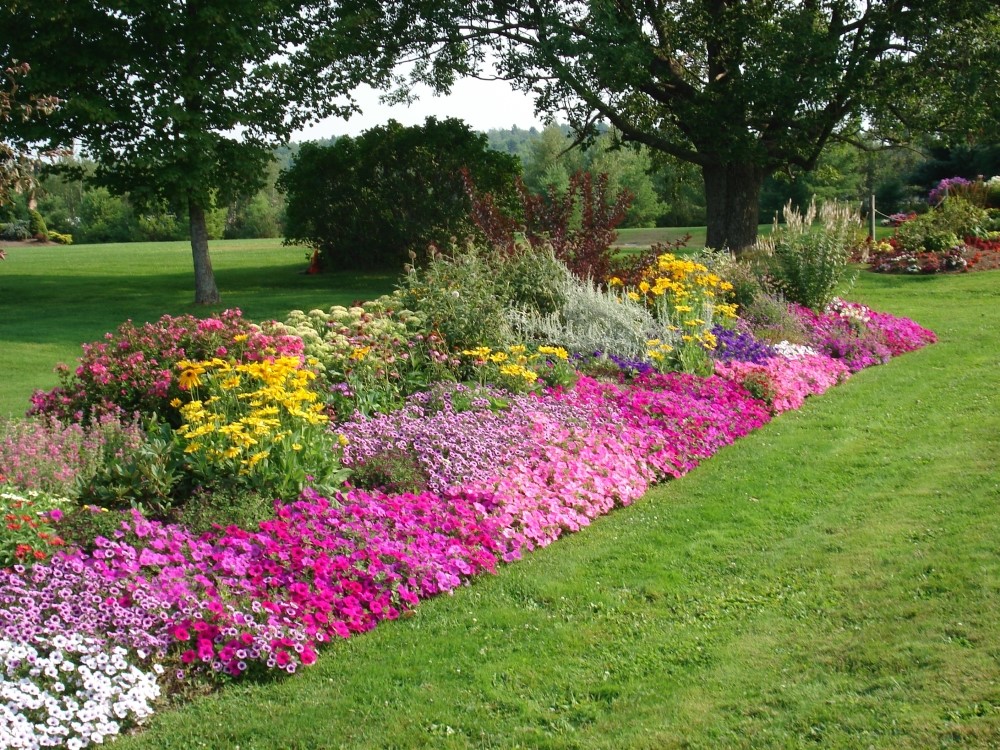You might think we don’t need to do much about protecting trees and plants in our garden during the winter. After all, haven’t they been outside on all elements? However, to give our garden life the best chance to live well, a little help during extreme weather conditions is always useful. Plants can be very damaged due to the effects of ice, ice, snow and wind.
Some possible damage includes leaves that die from frost and the soil becomes too wet or dehydrated, causing the roots to rot. Every non-native plant and tree is also not used to the harsh conditions that winter can carry, so it will benefit from protection.
Strong trees
The majority of native British trees have adapted to overcome our climate fluctuations. If you want a strong tree that can withstand winter conditions, then plant rowans, elders or willow in your garden. To avoid empty space in winter, holly is an evergreen tree that has leaves throughout the year to provide an attractive and much needed green plant when other plants die. Planting native trees is also better for wildlife, which relies on these hardy trees to provide shelter and food during the winter. For help and advice about any tree issues, contact a Bournemouth Tree Surgeon like Kieran Boyland.

Potted plants
Too much frost, cold weather or rain can damage your potted plants. The best advice is to bring this hanging pot and basket inside during extreme weather. If this is not an option, surround the pot with a few jute packs. Frost covers can be placed on top of the plant and even straw can add some much-needed insulation. To avoid excess water from heavy rain, choose a pot with drainage holes to prevent roots from lacking oxygen.
Fragile
Everything tropical or delicate must be brought indoors during the winter. Greenhouses are the best choice because they need as much warmth and sunlight as possible. Palm trees must be tied and packaged in straw when the weather becomes very cold.
Vegetables and flower beds
Straw spread in the soil of your vegetables will help prevent soil freezing. Mulch is also good for isolating soil and roots. Flower plots can also be mulched to protect them from rain and the hardest winter in winter.

How can wind damage plants and trees?
The condition of the wind can be cooler when cold winds occur and in dry weather, the wind also increases dehydration. Plants and trees are best placed in a protected location, ideally next to a fence. Fences with gaps in them are actually better than because they allow air to enter and avoids turbulence. Planting hedges is another effective way to reduce wind effects.



